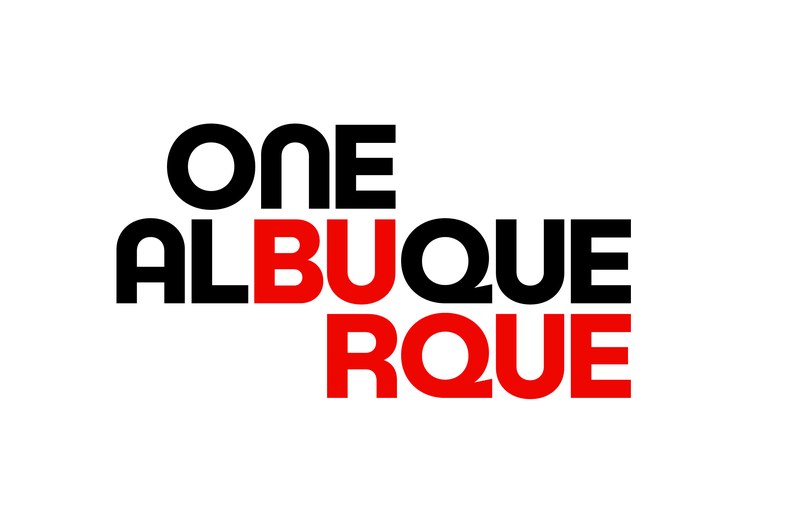
Mayor Keller Launches Citywide Response to Draconian Cuts to SNAP Benefits
Executive order creates path for a stronger local food system to reduce federal dependence.
Mayor Tim Keller outlined a citywide response to draconian cuts by the Trump Administration to the federal food benefit program, known as SNAP (Supplemental Nutrition Assistance Program), that benefits thousands of residents every day.
Mayor Keller announced the city will be accepting non-perishable food items at all four of the Health and Social Services Centers. Financial donations will also be accepted through the One Albuquerque Fund. These donations will go directly toward supporting households impacted by the loss of SNAP benefits.
“We’ve seen what happens when federal programs like SNAP are cut – families pay the price,” said Mayor Tim Keller. “We are mobilizing resources to provide support immediately and planning for the future so Albuquerque is not left vulnerable to federal policy.”
People in Albuquerque who risk losing SNAP benefits, or already suffering from food insecurity can contact 311 or visit one of the Health and Social Services Centers to receive access to food items and resources. Albuquerque residents, 60 years of age and older, can receive a free meal at any of the nine CABQ Senior or Multi-Generational Centers during lunch hours.
The city also highlighted the need for volunteers during this time to assist with the demand increase to distribute food donations to those in need.
Mayor Keller also signed an Executive Order today establishing new framework for a local food system that increases access to affordable, healthy food while reducing dependence on the uncertain federal programs.
The Executive Order directs City departments to take coordinated action through three major initiatives:
Legalizing Neighborhood Markets: Allowing small-scale neighborhood produce markets and pop-ups so residents can buy and sell locally grown food right in their communities, helping SNAP families stretch their benefits further.
Utilizing City Property for Urban Farming: Identifying city-owned land that can be used for agriculture, including parks and open space properties, to grow food for local residents and strengthen community-based food production
Expanding Food Rescue and Waste Reduction: Partnering with local nonprofits and businesses to divert surplus food from restaurants, grocery stores, and events to families who need it.
“Food justice is environmental justice, public health, and economic opportunity all in one,” said City Councilor Nichole Rogers, District 6. “Through the ID Food Justice Project and now the Mayor’s Executive Order, we’re showing what’s possible when neighbors, growers, and the city work together to make healthy food a right, not a privilege.”
The Executive Order also establishes a local food system task force to align City policy and resources across departments such as Family and Community Services, Environmental Health, Parks and Recreation and Economic Development.
The announcement, made alongside local food partners and community advocates combines immediate relief for families with a strategic long-term plan to make Albuquerque more self-reliant in the face of ongoing federal instability.
Residents who want to donate food, funds, or would like to volunteer, can visit Affordable ABQ for a list of donation drop-off locations and information about how to support local efforts.

